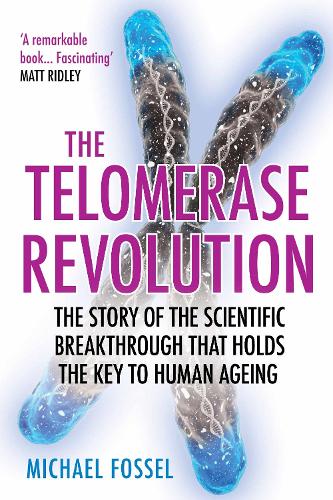

The apparently denuded vale is full of species, and many are world travellers. A water vole is burrowing through a mat of pigmyweed in the pond. Lines of helmet-sized molehills hint at the life below ground, where microbes and fungi decompose fallen leaves and velvety moles consume gritty worms. Rufous foxes are sniffing out a pheasant meal, hovering kestrels are watchful for the slightest movement of a vole, and dangerous harlequin ladybird beetles are laying waste to the greenfly. Coppery pheasants are strutting in search of fallen seeds, dowdy field voles are scurrying back and forth below tussocks of grass, and camouflaged greenfly are jostling for position as they suck juices from the veins of young leaves. Yet when I survey this landscape from my study window, I see a green world punctuated by scarlet specks of poppy flowers swaying in the breeze. It is one of the most intensively farmed parts of England, and England is one of the most densely populated countries in Europe. Ploughs and combine-harvesters trundle where brown bears once snuffled through primeval forests and wild cattle wallowed in peaty swamps. Fields of wheat, barley and oilseed rape disappear towards its flat horizons. Billowing clouds emerge as condensation from the cooling towers of distant power stations and then rise above the plain. The Vale of York is a landscape of ecological despair. This eye-opening book is a profound reexamination of the relationship between humanity and the natural world. Ultimately, he suggests that if life on Earth can recover from the asteroid that killed off the dinosaurs, it can survive the onslaughts of the technological age. In so doing, he questions why we resist new forms of life, and why we see ourselves as unnatural. Most remarkably, Thomas shows, humans may well have raised the rate at which new species are formed to the highest level in the history of our planet.ĭrawing on the success stories of diverse species, from the ochre-colored comma butterfly to the New Zealand pukeko, Thomas overturns the accepted story of declining biodiversity on Earth. Human cities and mass agriculture have created new places for enterprising animals and plants to live, and our activities have stimulated evolutionary change in virtually every population of living species. But in Inheritors of the Earth, biologist Chris Thomas shows that this obscures a more hopeful truth - we’re also helping nature grow and change. It’s accepted wisdom today that human beings have permanently damaged the natural world, causing extinction, deforestation, pollution, and of course climate change.

Human activity has irreversibly changed the natural environment.


 0 kommentar(er)
0 kommentar(er)
